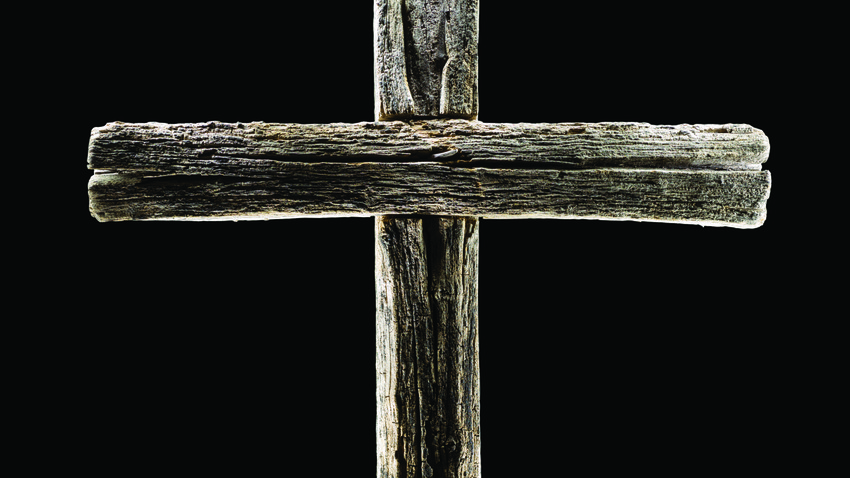
Are These Modern-Day Martyrs?
I read a fascinating piece from the Wall Street Journal this week (thank you, Don Wilson)—“ISIS Is Guilty of Anti-Christian Genocide” (2-12-16 A11). Written by Bishop Demetrios of Mokissos, chancellor of the Greek Orthodox Metropolis of Chicago, the essay is a one-year anniversary reflection of the beheading of 21 Coptic Christians by Islamic State terrorists. “These Coptic Christian hostages were executed for no other reason than their faith in Jesus Christ. ISIS released a video of the barbarism with the title: ‘A Message Signed With Blood to the Nations of the Cross’” (ibid).
Side-stepping the heated debate within Christian circles over whether the religion of Islam is contrary to the principles and truths of Christianity (e.g., the recent termination of a Wheaton College professor because of her claim that Christians and Muslims worship the same God), the author of the WSJ essay relates a detail from that execution I had not read before. Let me quote the bishop’s essay:
The 21 men executed that day were itinerant tradesman [sic] working on a construction job. All were native Egyptians but one, a young African man whose identity is uncertain—reports of his name vary, and he was described as coming Chad or Ghana. But the power of his example is unshakable. The executioners demanded that each hostage identify his religious allegiance. Given the opportunity to deny their faith, under threat of death, the Egyptians declared their faith in Jesus. Steadfast in their belief even in the face of evil, each was beheaded.
Their compatriot was not a Christian when captured, apparently, but when challenged by the terrorists to declare his faith, he reportedly replied: ‘Their God is my God.’ The ISIS murderers seek to demoralize Christians with acts like the slaughter on a Libyan beach. Instead they stir our wonder at the courage and devotion inspired by God’s love” (ibid).
Jesus, the ultimate divine Savior Martyr, once intoned: “‘If any want to become my followers, let them deny themselves and take up their cross and follow me. For those who want to save their life will lose it, and those who lose their life for my sake, and for the sake of the gospel, will save it’” Mark 8:34, 35.
The Greek word, martus, from whence comes our word “martyr,” means “witness.” As with these 21 men, martyrs are those who give the ultimate witness by their death. But these words from Jesus do not command our martyrdom. Rather they summon from us a bold, unflinching witness to Christ’s lordship in our daily living. The kind of living Dietrich Bonhoeffer described, “When Christ calls a man, he bids him come and die” (The Cost of Discipleship 99).
Which can mean: Come and die to social conformity or popularity—come and die to financial success or personal gain—come and die to professional reputation—come and die to the Devil’s Faustian bargain—come and die to self-advancement or self-preservation—come and die—period.
Because in the scarlet shadow of the cross, the greatest crucible is not dying—it is living—and therein lies our martyrdom.